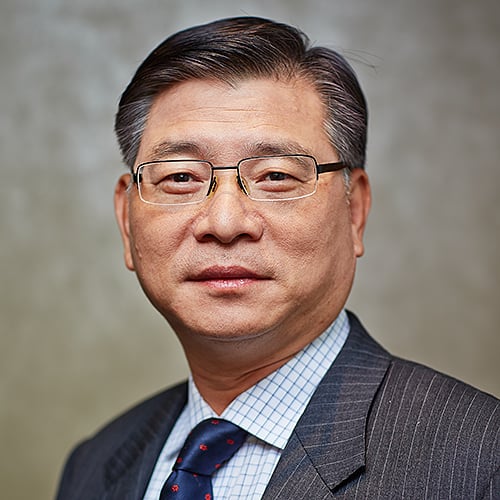The US State Department and South Korea’s Foreign Ministry co-hosted a symposium in New York this week to “protect” virtual asset providers from North Korea and “disrupt” the country’s attempts to earn revenue from the industry.
In a statement released in Washington on August 28, the State Department accuses North Korea of using the industry to fund programmes for weapons of mass destruction and ballistic missiles in violation of UN Security Council resolutions.
According to the statement, North Korea supports the development of such programmes by allegedly “obscuring the movement of hundreds of millions of dollars of stolen cryptocurrency through virtual asset service providers”. These include cryptocurrency exchanges, bridges, mixers and other related blockchain-enabled platforms.
Citing a UN report in March this year, the State Department says North Korea “stole approximately US$3 billion in virtual assets between 2017 and 2023”.
The symposium included government officials and private sector experts from centralized virtual asset providers, decentralized financial platforms, blockchain analysis services, and venture capital firms from more than 40 countries.
Updates were provided on current trends in virtual asset thefts and laundering by North Korea as well as its cyber threats to virtual asset providers.
The meeting also discussed “guidance on how industry and government can better work together to identify and halt … virtual asset heists” by North Korea.
The Paris-based Financial Action Task Force (FATF) has blacklisted North Korea as a “high-risk jurisdiction subject to a call for action” since 2020.
The designation was most recently renewed at a plenary session of the FATF in Singapore in June, which also extended its blacklisting of Iran and Myanmar.
High-risk jurisdictions are defined as those with “significant strategic deficiencies” in combating money laundering as well as the financing of terrorism and weapons of mass destruction.









